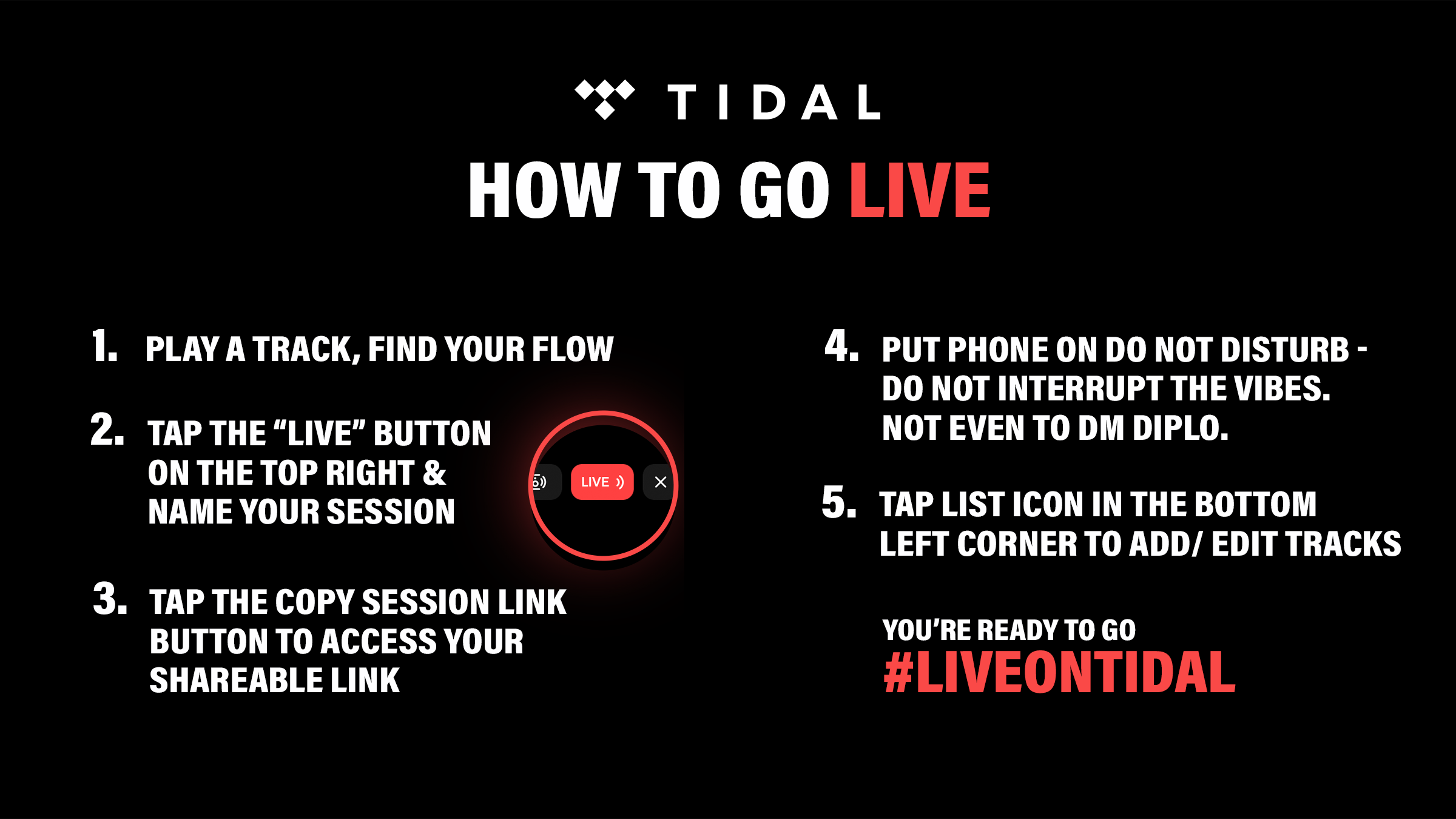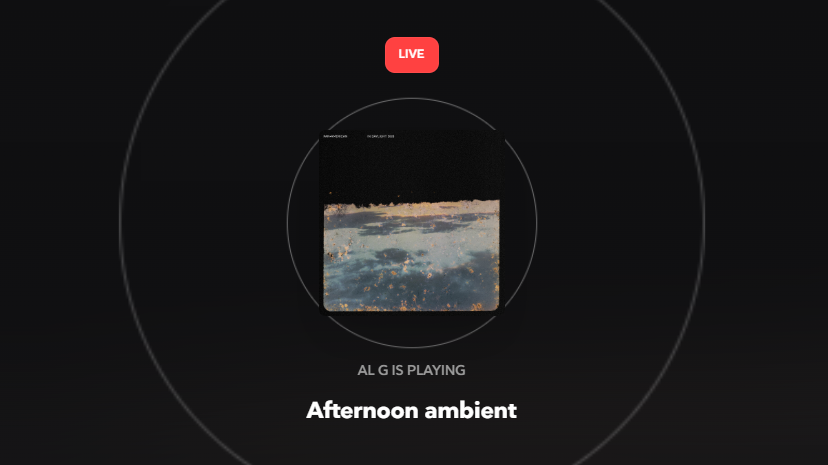
I’m a longtime user of Tidal, a music streaming service that was among the first to offer Lossless and High-Res tracks as part of its HiFi and HiFi Plus plans, respectively. For me, that was the main lure of Tidal, though several of the best music streaming services such as Apple Music, Amazon Music Unlimited, and Qobuz have since followed suit.
At $19.99 / £19.99 / AU$23.99 per month for HiFi Plus, Tidal isn’t the cheapest music streaming option – both Apple Music and Amazon Music Unlimited give you Lossless and High-Res audio for around half the price, but it's the one I’ve used to create most of my playlists, and I have a strong preference for its user interface. Many audio components now also have built-in Tidal support – even some of the best soundbars, including LG’s new models, can now decode MQA, the system Tidal uses for High-Res streaming – so it’s an option that’s firmly embedded in both the hi-fi and home theater worlds.
The music streaming landscape is in something of a transition period, with Spotify being the main case in point with its recent pivot away from music to becoming a more general audio service platform with a Tik-Tok-style user interface. Tidal, too, is starting to see changes, with the latest being the launch of Live, an in-app feature that lets you instantly share music with friends, followers, and the Tidal community as a whole.

I am a DJ, I am what I play
Live was previously available in a beta version known as “DJ” through the service’s early access program, and DJ-ing is basically what you’re doing when you access the new feature.
Here’s how it works. When you start playing a track in Tidal, pressing a “Live” button in the iOS/Android app interface calls up a screen that lets you start a live streaming session. You can name your session, as well as copy a session link that can be shared via text, email, Twitter, or any other messaging format. Your named session then appears in the main app interface along with your picture (unfortunately, you can only upload a Facebook profile photo at present), and other users can join in your session to listen.
To try out the new feature, I simply followed the process outlined above, adding a number of tracks to my Next Up queue so I would have a good 30-45 minutes of streaming time in my DJ session. It was late afternoon and I wanted to keep working uninterrupted, so I chose quiet “ambient” electronic music tracks and named my playlist Afternoon Ambient.
After launching, I next headed over to Twitter to post a link to my Live stream to drum up some social media excitement.
Time for an afternoon nap: afternoon ambient https://t.co/hOg5oLCwgP #liveontidalApril 10, 2023
A few tracks in, I was disappointed to see that I was apparently the only listener – a headphones icon in the app with the number 1 next to it being a dead giveaway. Didn’t anyone out there in the Tidal-sphere want to listen to my awesome online mix? But then, suddenly, the number 2 popped up. I had a listener!

One is the loneliest number
It didn’t take long for that number 2 to change back to a 1, and my heart sank. I was alone again with my music. Maybe the cause was that I hadn’t come up with a compelling enough name for my Live stream to pique the interest of fellow Tidal listeners. Or maybe it was because I don’t have enough Twitter followers, or that none of them are Tidal HiFi or HiFi Plus subscribers (the free, ad-supported Tidal subscription doesn’t get Live). Either way, the feeling was similar to making a social media post and getting no likes.
Granted, these are early days in the development of Tidal’s social component, and Live does seem like a step in the right direction. My colleague Matt Bolton recently made the case that music streaming apps are boring, and that streaming services need to add features that let you customize playlists and provide other creative opportunities. Tidal’s Live definitely falls into the category of creative opportunity.
It would be a great enhancement if Tidal allowed for anyone, not just subscribers, to tune into your Live stream – it would spread the word about the service, and give more people a chance to check it out ( Tidal does offer a free 30-day trial period for both its HiFi and HiFi plus tiers). Users can also only stream and listen to Live sessions in the country where their account is registered, which is a big limitation, in my opinion.
Finally, Live streamed tracks currently only play in compressed AAC quality rather than the Lossless and High-Res formats that HiFi and HiFi Plus subscribers pay good money for, though Tidal has indicated that this situation is only until a higher-quality Live version “becomes available.”
Okay, enough grumbling. Live is cool, and I’m sure I’ll be doing more Live streams in the future. So subscribe to Tidal and listen to them, please, or I’ll feel like I’m streaming into the void.







